And, if ever you are lost – your name will lead you back home.
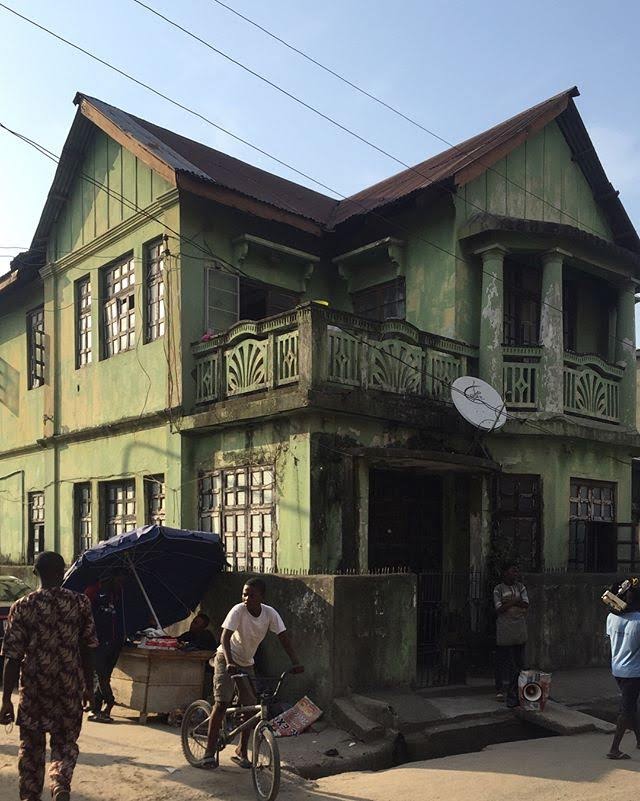
In the Western part of Lagos Island, there is an area consisting of 19th century buildings that collectively are known as Popo Aguda, or the Brazilian Quarter. Said to closely resemble the “old towns” of Salvador de Bahia, Rio de Janeiro, or São Paulo, the structures that remain within this historic community were constructed by emancipados – people formerly enslaved in Brazil and Cuba who, upon liberation, defined Freedom as seizing the opportunity to return home to their native Nigeria. One of these Brazilian emancipados was my great-grandfather, Anthonio Manuel. Built by my grandfather Lydio Duro-Jaiye Emanuel in 1937, our family home in the Quarter is a living story and monument to his legacy, his father’s, and the land of his father’s birth. It is one of a dwindling few of these Afro-Brazilian relics that remain beautifully preserved, and inhabited! I was thrilled to finally be able to visit this storied place at the top of 2019, and in doing that, learn a bit more about this rarely discussed, yet highly significant African Repatriation movement that defined Lagos as we know it today.
what’s in a name?
Upon returning home, either Anthonio or his son Lydio would select a new surname, Duro-Jaiye Emanuel – “wait for the joy of life/God is with us”. Our oral history suggests that the decision to make this change was an attempt to bridge their dual-identity as Nigerians who were also very much culturally Brazilian. This soon evolved to my current last name, Duro-Emanuel, directly translating to “God stay with us.” In speaking to different senior family members, I hear a few variations in the reasons behind this evolution. Yet, all of them seem to be valid in their own right. First is the literal meaning of the name – “dúró” is a Yoruba word meaning “stay” or “wait” depending on how technical you’d like to get. “Duro” translated in Portuguese will be a variation of “hard”, derived from its Latin root “dur”, of which words like durable, endurance, duration come from. So, which came first? I’m no linguist, but it’s amazing to me how within this single word, two very separate cultures align nearly perfectly.
I can’t help but think of how beautifully significant this prefix is… to endure. To persist – the way our culture and our spirit continues to throughout our collective Afro-diasporic history. Paired with another word reflecting the presence of God, who stayed with us through captivity and freedom, across Middle Passages and continents. For Pa Antonio and Grandpa Lydio, the joy of life did arrive after severe hardship. Each time I think about it, it feels like a prayer. It’s a name and a legacy that I’m deeply proud of.
And that sparks thoughts on the second evolutionary point of our name, from Manuel to Emanuel. Emanuel would have been a simple Anglican adaptation, that in adding a single letter both shed a slave owners name and kept the Catholic acculturation. From a master’s name to The Master’s name. Whew! For me, it was this name that sparked one of the most interesting run-ins of my life to date.
Afro-Diasporans: inextricably, undeniably, infinitely connected
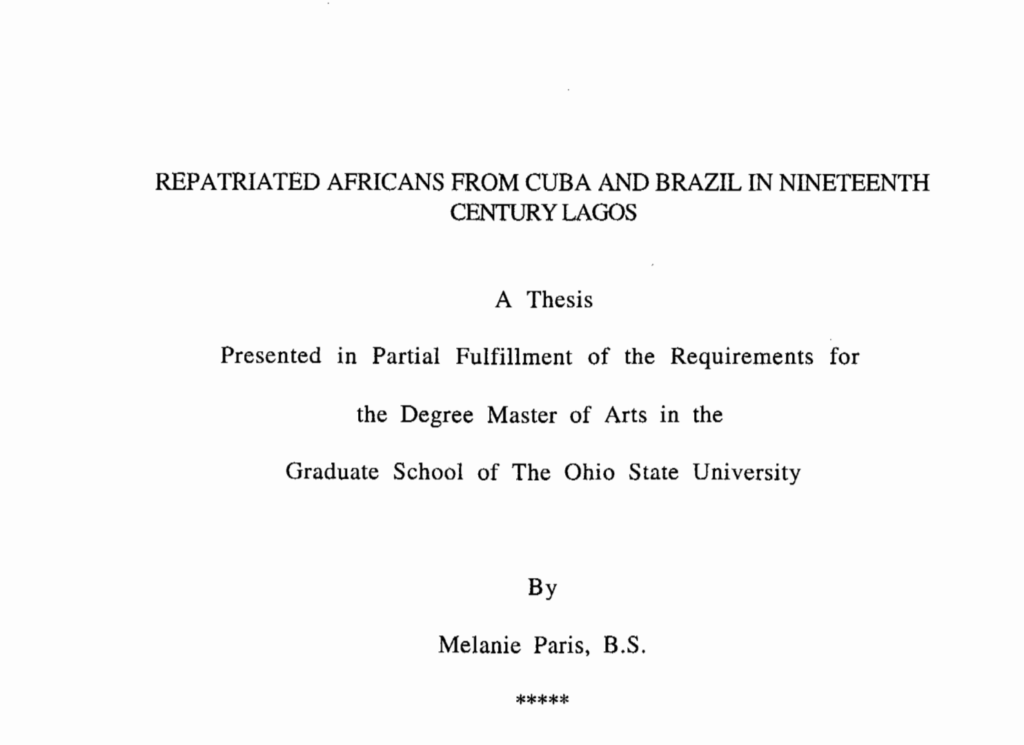
Paris, M. (1998). Repatriated Africans from Cuba and Brazil in nineteenth century Lagos. (Electronic Thesis or Dissertation). Retrieved from https://etd.ohiolink.edu/
In 2010, perhaps in an attempt to define my early adulthood identity, I decided to start using my full surname in formal and business matters. It was that year that an amazingly brilliant woman, Melanie Paris, deduced that I was a descendent of this population from simply seeing my name on a board meeting agenda. She approached me afterwards with an oddly specific series of questions – “Are you Nigerian? Your first name is Yoruba, isn’t it? But your last name is not… why is that?” Shocked that anyone would randomly ask this, I recited what I had been told by my family over the 19 years of my life – “It’s of slight Latin origin – my Great-Grandfather chose this name when he was emancipated from slavery in Brazil.”
“YES! I KNEW it!” Melanie yelled. “I did my Master’s thesis on his community! It’s so exciting to meet a descendent of this group!” Meanwhile I’m thinking to myself, what group? She shared her thesis with me, and it felt like unlocking a treasure trove. It’s an amazing overview of Lagos’ Returnee class, where she shares distinct accounts of those referred to as Aguda or Amaro – Yoruba phrases meaning “Catholics” or “those who have been away from home”.
Now this is not a dissertation, but here are some historical notes for your reading pleasure!
– Brazil didn’t outlaw slavery until 1888, over 20 years after the “end” of American Slavery, and it began around 1520, nearly 100 years earlier than when the first slaves arrived in the U.S. Which means, similar to the 400 years between 1619 and 2019, 2020 is also a Year of Return in a sense. So, plan to to Lagos this year!!
– Today, Brazil still has the largest population of people of African descent living outside of Africa.
– Speaking of Latin-based names, Lagos is a word of Portuguese origin. Originally, Lagos was known as Èkó. My late grandma Gladys was also known as Mama Èkó, and I only recently realized that wasn’t her actual name. lol.
– Melanie’s essay cites sources saying about 11 million people were enslaved as part of the Transatlantic slave trade. There are some estimates of the median world population from 1500-1700 AD being around 550 million, meaning 2% of all humanity at the time was enslaved during this period. Insanity!
– Mainstream Black history documents the Return-to-Africa Movement of many former North American slaves who chose to repatriate to Liberia or Sierra Leone, however detail on those from Brazil, Cuba, and elsewhere is still welcome, fascinating, and profound. There are still so, so many stories we have yet to uncover.
the first Lagosians
In addition to this being a little known heritage story within global Black narratives, I’ve found that it’s also fairly unknown by those who aren’t intimately familiar with Lagos. I’m remembering a particularly annoying encounter with a Naija man, who upon learning I was also Nigerian decided to quiz me about where in Yorùbáland I was from. I was minimally interested in the conversation so my reply was simplified – “Lagos.” His response? “Enh heh, as I suspected, you don’t know yourself. No one is from Lagos.” I chuckled at him as I walked away. While there’s a level of truth there – most contemporary Lagosians will have settled there from inland regions – Aguda people were definitely among the first people to settle into Èkó, and so! I will continue to lay claim to Las Gidi as I see fit. Abeg, fi mi silẹ jare!





The home is still a marvel to this day. My Aunt and Uncle have beautifully maintained it as a veritable art gallery, with an impressive curation of artwork, artifacts, and photographs of historical Lagos and Brazil.
Pa Anthonio Manuel: Repatriation and a New Yoruba Identity
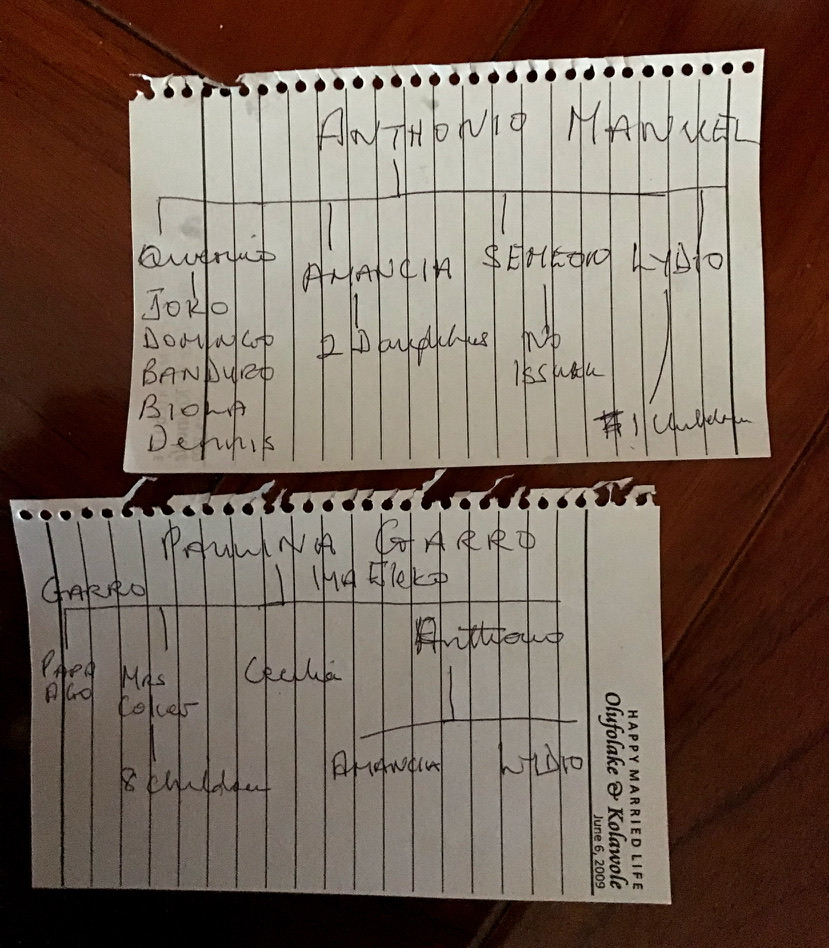
Not much in our familial oral history is known about what Pa Anthonio’s life was like upon returning to Nigeria. However, This Wikipedia article summary actually lines up perfectly with all that I’ve been able to gather about the series of events experienced by the first repatriates who were granted the ability to return through manumission from slave owners, organized independent efforts, or deportation due to racism. From there,
In the way that colonization created extreme winners and losers, this population benefitted greatly, at least initially. When freedom was granted in the West, these Africans returned with Afro-Brazilian cultural sensibilities. Equipped with valuable skills as master craftsmen and agricultural leaders, Agudas seized the opportunity to build the watery lagoons of Èkó into the metropolis it is today.
In doing so, they would emerge as an elite class within in a system of Nigerian classism facilitated by the British. Their skills and raw ambition to pursue business and trade opportunities made them excellent leaders in developing Èkó – now known as Lagos – as an emerging commerce center. To Nigerians who held on to traditional religions and spirituality, they could serve as messengers of the “prosperity” associated with Christianity as they were Catholic – a form of Catholicism that heavily integrated what is now known as Candomblé and Santería, practices strongly rooted in traditional Yoruba spirituality. This colonial education and religious lifestyle posed benefits that were strategically useful to Britain during their indirect rule period, and so it was a win-win situation. In exchange for helping to influence the proliferation of colonial ideals among Nigerians, Agudas were granted significant social and economic privilege, including leadership roles, business opportunities, and premium educational opportunities for their children.
Grandpa Lydio: Agudas, The original Afropolitans
My grandfather Lydio Duro-Jaiye Emanuel, born in 1895, was of the first generation of Aguda children to receive this elite educational training abroad. My father’s siblings were the 2nd. My father, being significantly younger than his eldest siblings, is closer to the 3rd.
Grandpa Lydio was well-known for many things that sparked progress for Nigerians within the burgeoning Lagos community. Trained as a Chemist (Pharmacist) in England, he is believed to have been the first in Nigeria, and opened the first Pharmacy and Optical shop in Lagos, Nigerian Medicine Store in Tinubu Square. He was the co-creator of a popular colic syrup, Gbomoro (Yoruba for “make babies strong”) that dramatically impacted the health of Nigerian infants. Still, Pharmacy is the prevailing profession on my Dad’s side of the family. My friends may remember that my first job in High School was serving as a Pharmacy Technician, and that it was my undergrad major until I got terribly bored of it and switched, lol.
He also created Emanuel’s Vita-Bread, a loaf that was considered to be of the highest nutritional value at the time, and he was very generous in providing the food free of charge to children and families in need. The bakery is still operated by my Uncle Ade, and the bread is exquisite with stew and eggs! Still today on occasion, I’ll come across people who vividly remember this influence. Once at a social gathering in Long Beach, CA with my parents, we met a man who upon introduction, excitedly recounted his childhood in Lagos when his family would visit the pharmacy for medicine and pick up Vita Bread for snacking. In Brooklyn, the owner of an African Shop shared fond members of working with my family when she noticed my ID during a credit transaction.
Grandpa Lydio was a founding member of the Yoruba Tennis Club, a first of it’s kind “Big Men’s” social club that obstensibly served to further Nigerian Excellence in Lagos. Visiting there for dinner was… interesting. With a membership comprised of all the Chiefs, Oba’s turned business leaders, and other assorted Oga at the Top’s, some of the men were inspiring leaders with whom it was fascinating to exchange ideas and cultural opinions with. Others were creepy, including an old Prince who point-blank asked me to be his latest additional wife, in front of my parents! He was my senior uncle’s age! We were all so shocked. Anyway, they shouldn’t let me in there again. I will happily be the one to try and flip it into a contemporary version of the societal (and Pan-Nigerian) pilar that it could be. I appreciate this historical significance however. I do hope institutions like this can find ways to modernize and promote gender equity.
Aunty Sisi Yemi: Afro-Brazilian culture + Yoruba roots
The most cherished part of this has been spending time with my dear Aunties, who took the time to share so much knowledge with us – Aunty Sisi Yemi, Aunty Bunmi, and Aunty Gbemisola. In sharing details on the earliest family tree details, it was amazing to hear the perspective of what it was like to grow up in this specific time in Lagosian history. I revel at how much dramatic change in Lagos they’ve seen over their lifetimes, and the nuances of this cross-cultural identity.
Many ties have been maintained between Brazil, Cuba and Nigeria, which correlate to what we know of both countries being incredible preservation sites for pre-colonial Yoruba culture. And interest in preservation and storytelling is only growing! In September 2008, the Nigerian government opened the Casa da Nigéria or “Nigerian Culture House” in the historic Pelourinho neighborhood of Salvador, Bahia, with the support of the governments of Bahia and Brazil. There are several historical resources emerging, and just a few months after my visit, a new Easter-centered event was established to further educate and celebrate cultural relationships (video below).
the journey continues
This process of seeking and discovering these elements of Lagosian history has been amazingly insightful and even kind of overwhelming. Even in this retelling, there is so much that requires simplification. These accounts are emotionally charged, politically notable, and endlessly intertwined. Every person I’ve met who has lived during this time is a captivating living time capsule – to hear their stories directly from them is a privilege. It is our job as younger generations to aid in preserving them.
Special thanks to all the Duro-Emanuels who have extended their love and legacy to me and my siblings – our family is a diaspora within ourselves, and retaining cross-continental bonds ko easy, but we manage! lol. I’m especially thankful to Aunty Gbemisola, Aunty Sisi Yemi, and my dad for your aid in uncovering these stories over time. I look forward to continued learning + exploration.
I do hope that this piece of Black History is told at scale at some point. I’d looveee to see a film or something set in Old Popo Aguda, maybe a cross-continental romance/drama a la Guava Island, Black Orpheus, or Americanah, lol. Anyway, I look forward to continuing this exploration when I finally get to visit Bahia and Porto. Who is coming with me? Tell me your thoughts! Have you heard about this group? Are you a long-lost relative? Are we fake-related? Would you like to be? (You know I’m always accepting honorary family members, haha). Thanks for reading!
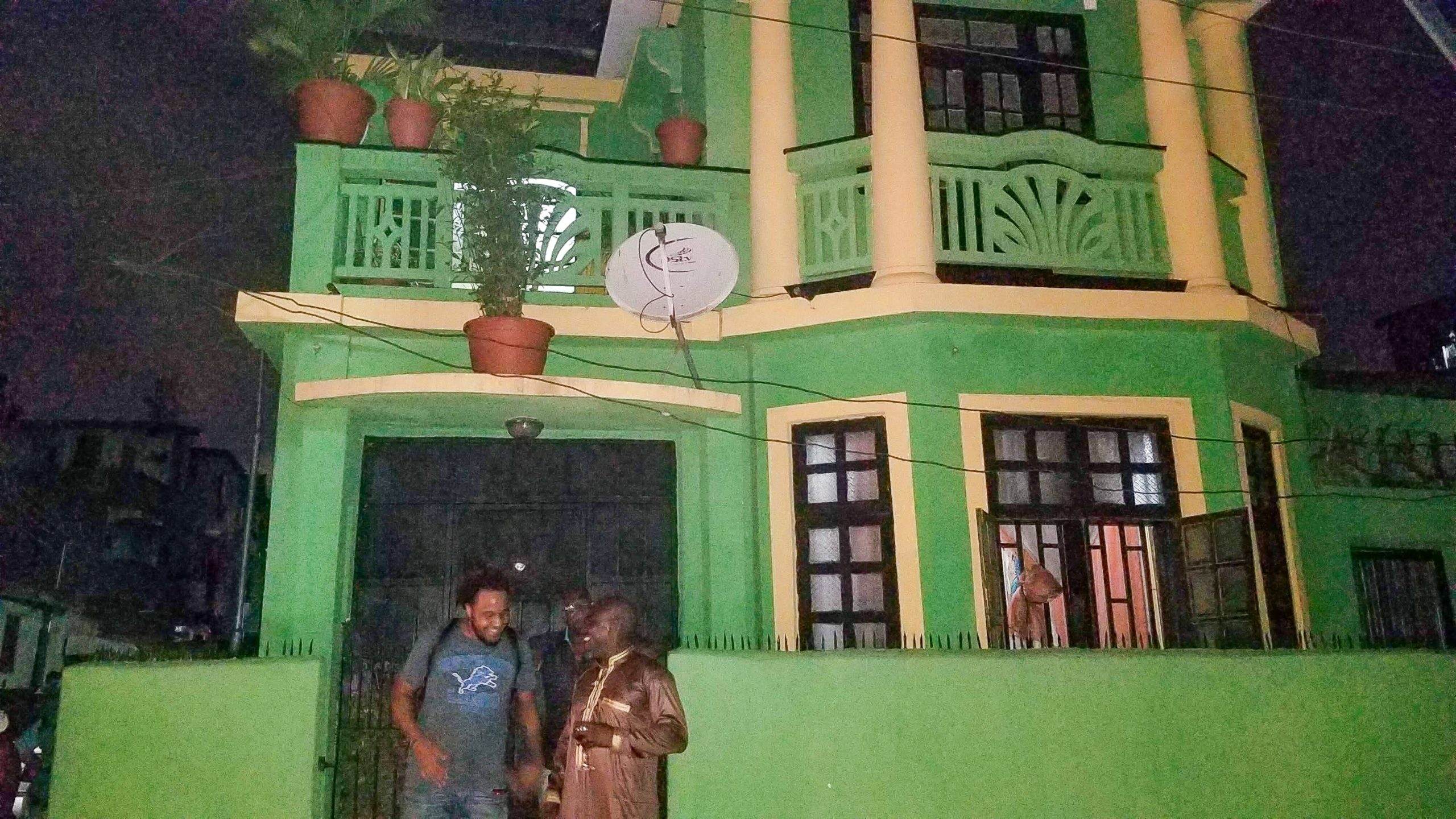
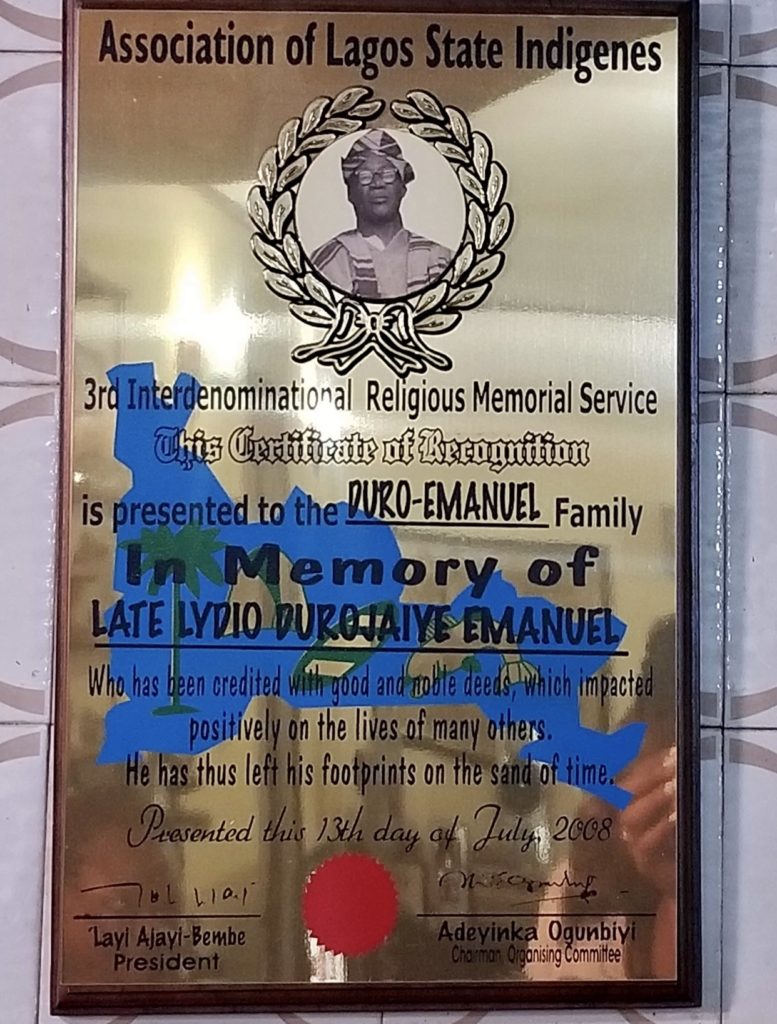
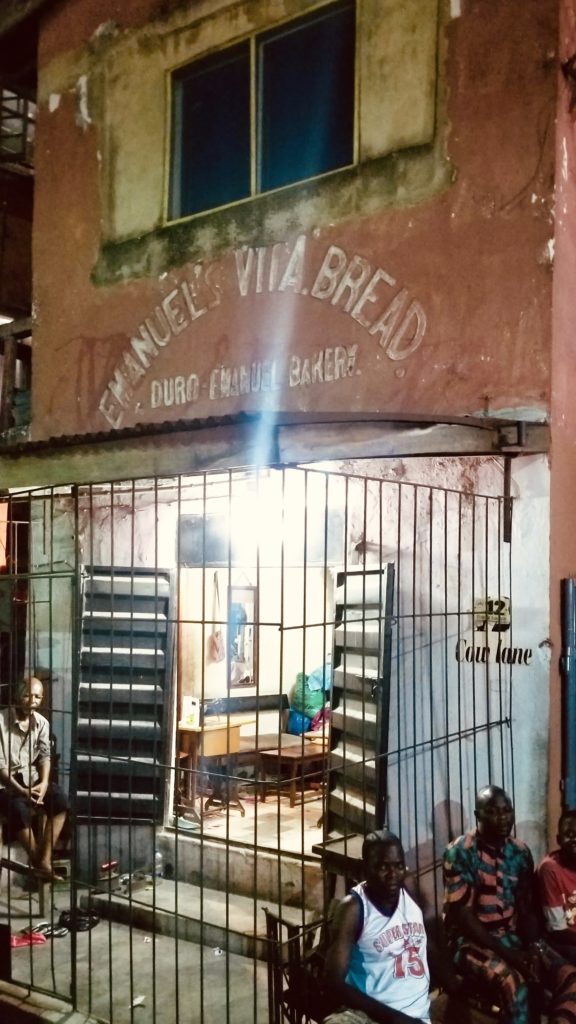
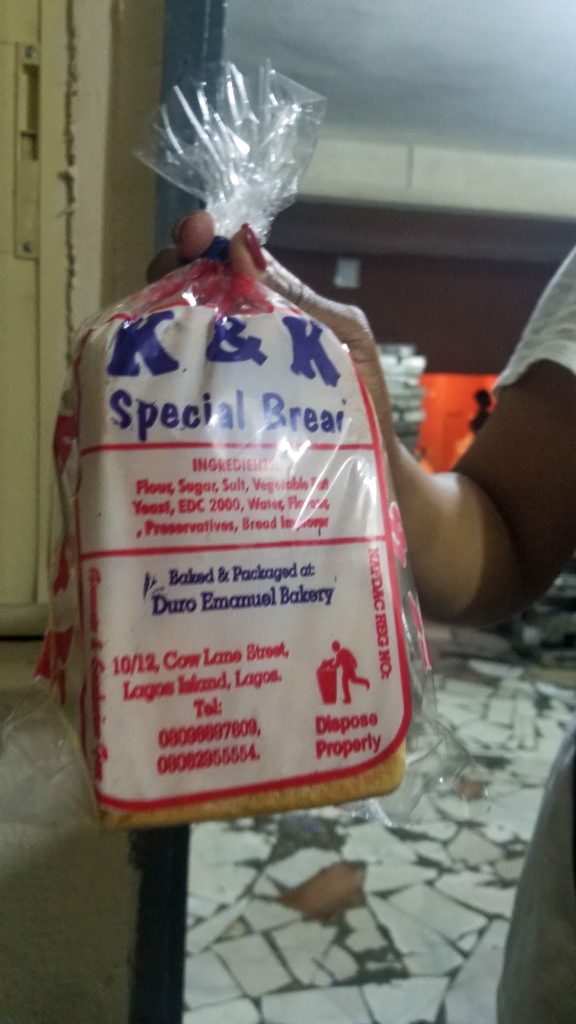
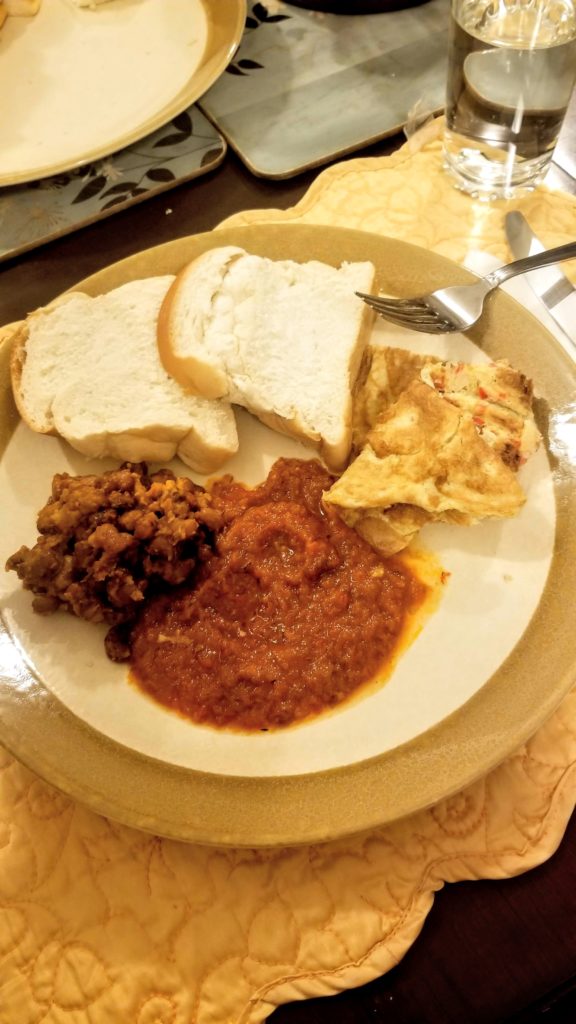
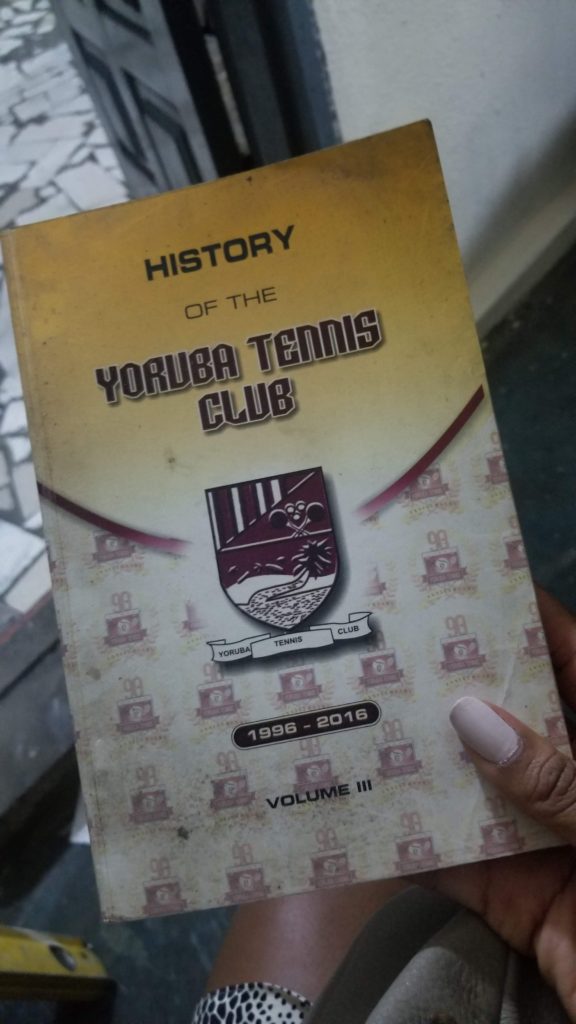
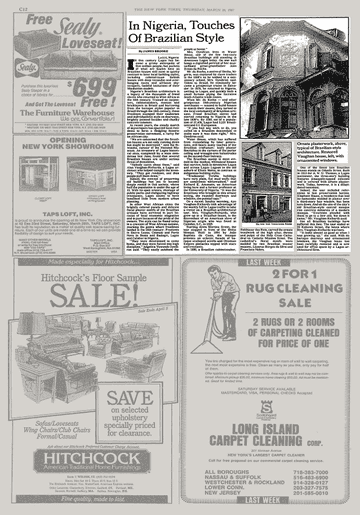
Very interesting Yetty, I’m so Proud of how much you’re able to learn in Such a very Short Trip to Nigeria. And you’re right Every Yoruba name has a meaning and every Yoruba Surname ties a Child to the Family.
Even though you’re as Old as you’re when you took your First Trip to Nigeria, knowing how much You Learned in such a short period makes me feel it was the Riped time for you to go.
It was a Packed full 10 days trip. But Very Educative & informative. I will like to see this turn into a Book.